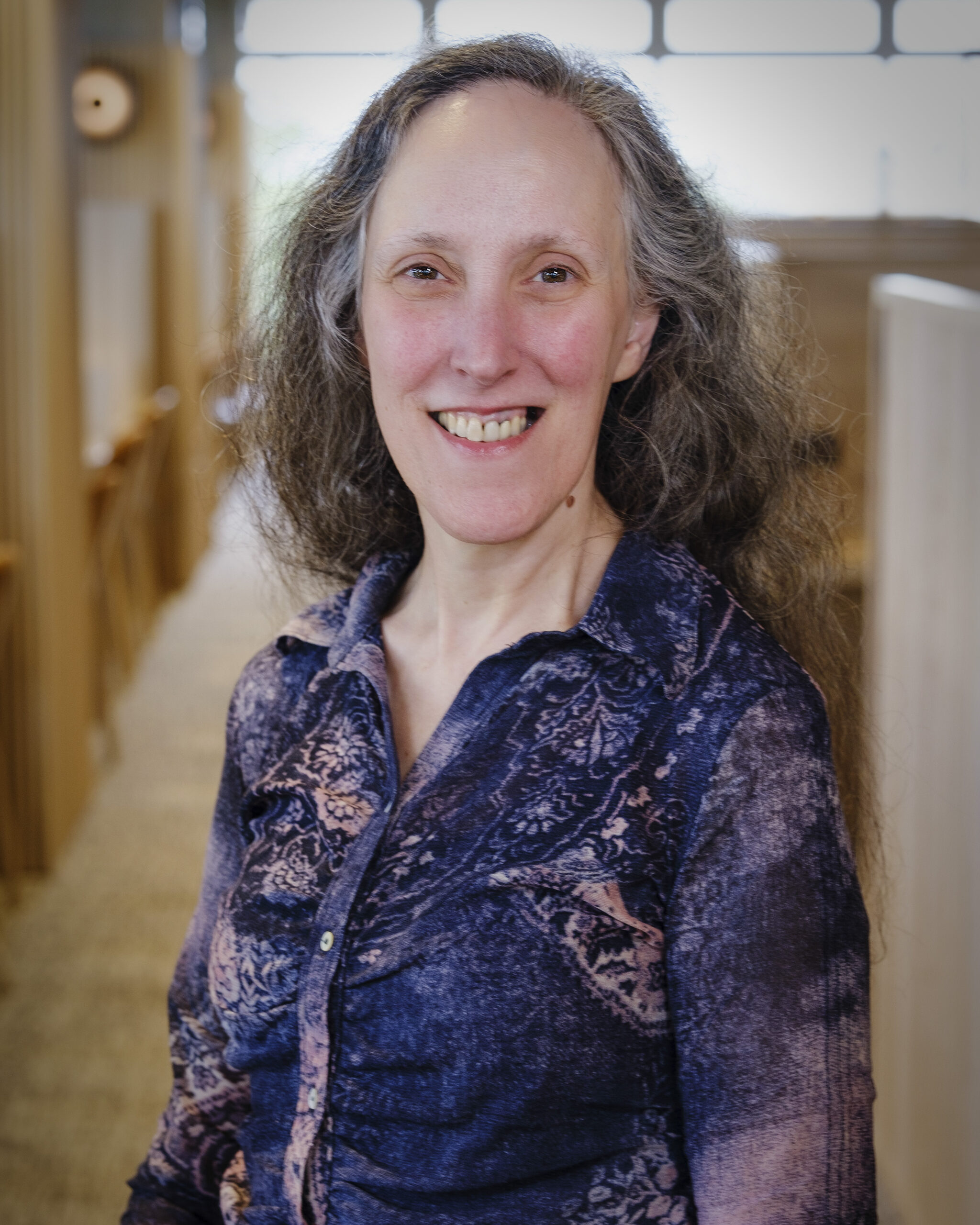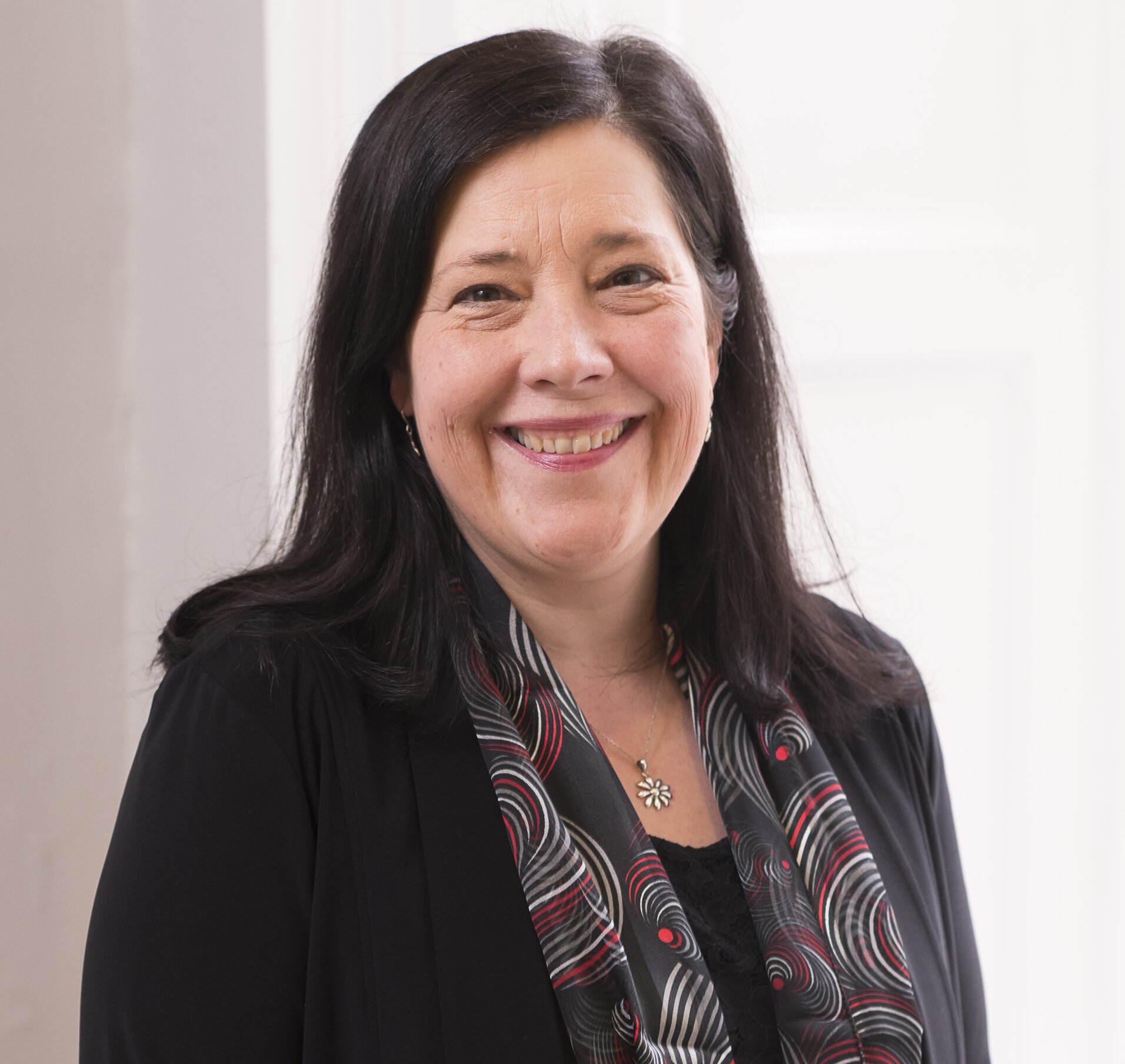Developing Professional Skills for the Workplace: A Student-Staff Partnership to Create University-Wide Learning
Developing Professional Skills for the Workplace: A Student-Staff Partnership to Create University-Wide Learning
Dr. Crystal Fulton, School of Information & Communication Studies
Dr. Marta Bustillo*, Digital Learning Librarian, UCD Library
Mx Faye Carrie, Doctoral Candidate, School of Information & Communication Studies
Sara Forghani, School of Information & Communication Studies
Feargal Keenan, School of Information & Communication Studies
Alexa MacDermot, School of Social Policy, Social Work and Social Justice
All authors’ affiliation: University College Dublin
*Corresponding author
The need for a literacy around professional digital skills to help students excel in their university education and their future professional workplaces
Students often find themselves learning and using digital technologies in the course of their studies; however, they may not be similarly prepared for a professional workplace environment. These professional skills, which may range from understanding appropriate communication and digital etiquette to creation and collaboration in the online workplace, form part of digital literacy, though the importance of learning these skills can be overlooked. University College Dublin’s strategic plan includes digital literacy for education and the workplace as a core goal for both staff and students. However, we identified a gap in the university curriculum, that is, the development of professional digital skills.
Developing a co-learning approach to developing learning objects
This project used a co-learning approach and conceived students as pedagogic partners in the design, implementation, and evaluation of an online module. Student-staff partnerships have become increasingly common in teaching and learning practices and research in university education (e.g., Fulton et al., 2022; Kurz et al., 2022). In a student-staff partnership “students are directly involved as change agents and partners within the system” (Collins et al., 2016, 16). The student-staff partnership is grounded in an inclusive approach, which offers a variety of opportunities, such as deeper engagement, a greater sense of ownership of learning, increased confidence, and shared learning (Gravett, Kinchin, & Winstone, 2019).
—The student-staff partnership is grounded in an inclusive approach, which offers a variety of opportunities, such as deeper engagement, a greater sense of ownership of learning, increased confidence, and shared learning—
Students and staff collaborated to develop a GPA-neutral, self-directed, online module containing five units of learning, which covered the five themes in UCD Library’s Digital Literacy Framework: 1) finding and using digital information; 2) understanding digital identities and practices; 3) creating and communicating digital information; 4) thinking critically and evaluating digital information; 5) collaborating and sharing in digital spaces. Student partners co-led the promotion of project outputs and acted as peer mentors and community builders with students who took the module. Staff co-created materials with students and mentored students to integrate successfully as pedagogical partners in the project team, by helping students acquire essential practical skills, including research, technological, and communication knowledge.
What have we learned?
Every achievement provided a point for research exploration
 Several points of data collection offer research insights into the process of developing professional digital literacy skills, as well as into the value of student-staff collaboration. The module was launched as a pilot on UCD’s VLE Brightspace on March 11th 2024, targeting professionally-accredited programmes in the colleges participating in the project. To-date 253 students have enrolled, with 112 completing all five units in the module and submitting an optional reflective assignment to receive a digital certificate of completion.
Several points of data collection offer research insights into the process of developing professional digital literacy skills, as well as into the value of student-staff collaboration. The module was launched as a pilot on UCD’s VLE Brightspace on March 11th 2024, targeting professionally-accredited programmes in the colleges participating in the project. To-date 253 students have enrolled, with 112 completing all five units in the module and submitting an optional reflective assignment to receive a digital certificate of completion.
Having worked with staff to develop moderation skills, student partners conducted focus groups with 15 students from different disciplines who completed the module. Focus group data, together with analysis of students’ reflections on learning and student feedback, have been used to re-design the existing module for roll out to other programmes across all UCD colleges in the autumn of 2024-2025, as well as to inform research into students’ approaches to learning professional skills.
Students’ perceptions of their learning by completing the module
Students linked their learning on the module to their needs for future professional work. They observed that they had changed the way they thought about their personal and professional identities in online platforms. Students also reported that they gained emotional intelligence for the workplace. The module helped them deepen their understanding of professional work and of how to navigate the workplace by developing a lifelong learning mindset. Further, students noted that the content challenged their assumptions about their future workplaces, for instance by preparing them to ask appropriate questions of employers, use digital tools, and engage with training.
Recommendations
Other organizations seeking to create a similar resource should focus on the following:
- A students-as-partners approach, to ensure the student voice is heard throughout the module.
- A multidisciplinary team with diverse backgrounds contributing different viewpoints to the module content.
- A variety of data collection points to help content creators understand the needs of students completing the module.
Impact of project outcomes
The module now sits alongside the university library’s suite of digital learning opportunities on the library’s website. While the module represents a single point of learning for individuals, initially conceived as essential training for students on professionally accredited programmes throughout the university to prepare them for participation in the workplace, the module has wider appeal and potential scalability across disciplines and degree levels throughout the university. The project is aligned with the university’s current strategic plan around digital literacy, and has been put forward for consideration for the next university strategic plan for all disciplines and programmes, and there is potential for this module to be used as an indicator of UCD’s progress in advancing students’ digital literacy skills across all colleges.
Future steps
The project will conclude in December 2024. Next steps include interviewing academics who have adopted the module as part of their students’ learning. The view of the module from the academic perspective will support evaluating the module’s impact and documenting the experience of all participants in the project.
All tools developed through this project are available as Open Learning materials within the university, as well as at national and international levels. All project outputs have been made available publicly as open educational resources with Creative Commons licences. The module resides within UCD Library, and will be maintained and updated by Library staff into the future. Please feel free to explore these resources at https://www.ucd.ie/digitalliteracy/. We appreciate your feedback.
Funding
This project was funded by Ireland’s National Forum for the Enhancement of Teaching and Learning in Higher Education/Higher Education Authority under the Strategic Alignment of Teaching and Learning Enhancement Fund (SATLE).

Cite this article in APA as: Fulton, C., Bustillo, M., Carrie, F., Forghani, S., Keenan, F., & MacDermot, A. Developing professional skills for the workplace: A student-staff partnership to create university-wide learning. (2024, August 13). Information Matters, Vol. 4, Issue 8. https://informationmatters.org/2024/08/developing-professional-skills-for-the-workplace-a-student-staff-partnership-to-create-university-wide-learning/
Authors
-

Dr. Marta Bustillo is Digital Learning Librarian at University College Dublin, where she leads in the creation of library supports to help staff and students develop digital literacy skills. Dr. Bustillo has a PhD in Art History and an MA in Information and Library Management. She has over 20 years’ experience working in academic libraries in Ireland and the U.S.
View all posts Digital Learning Librarian -

Crystal Fulton is a Professor in the School of Information & Communication Studies at University College Dublin (UCD), Ireland, where she studies the interactions among people, information, and communication in everyday life settings. She received her PhD and MLIS in Library and Information Science from The University of Western Ontario, Canada. She was President of ASIS&T, 2023-2024 and Director of Chapter Assembly, ASIS&T, 2021-2022. She is also a UCD Teaching & Academic Development Fellow and a member of UCD’s Centre for the Study of Higher Education (CSHE).
View all posts Professor -
Faye Carrie is a PhD Candidate in the School of Information & Communciation Studies in University College Dublin (UCD). Their work bridged Library & Information Studies and Trans Studies, looking at the ways in which non-binary and genderqueer people interact with information. Faye has worked as a Cataloguer on the Yes Equality archive in the National Library of Ireland, as a Teaching and Learning Librarian in Maynooth University and on various UCD projects involving media literacy, digital literacy and reactionary responses to LGBTQIA+ materials in libraries.
View all posts -
MLIS Candidate, School of Information and Communication Studies, University College Dublin
View all posts -
Alexa is a Social Justice PhD candidate in University College Dublin, researching neurodivergent adults. She is the producer of The Neurogender Podcast that brings academic research on neurodivergent adults' lived experiences to the public. Alexa is a proud neurodiversity awareness advocate.
View all posts -





